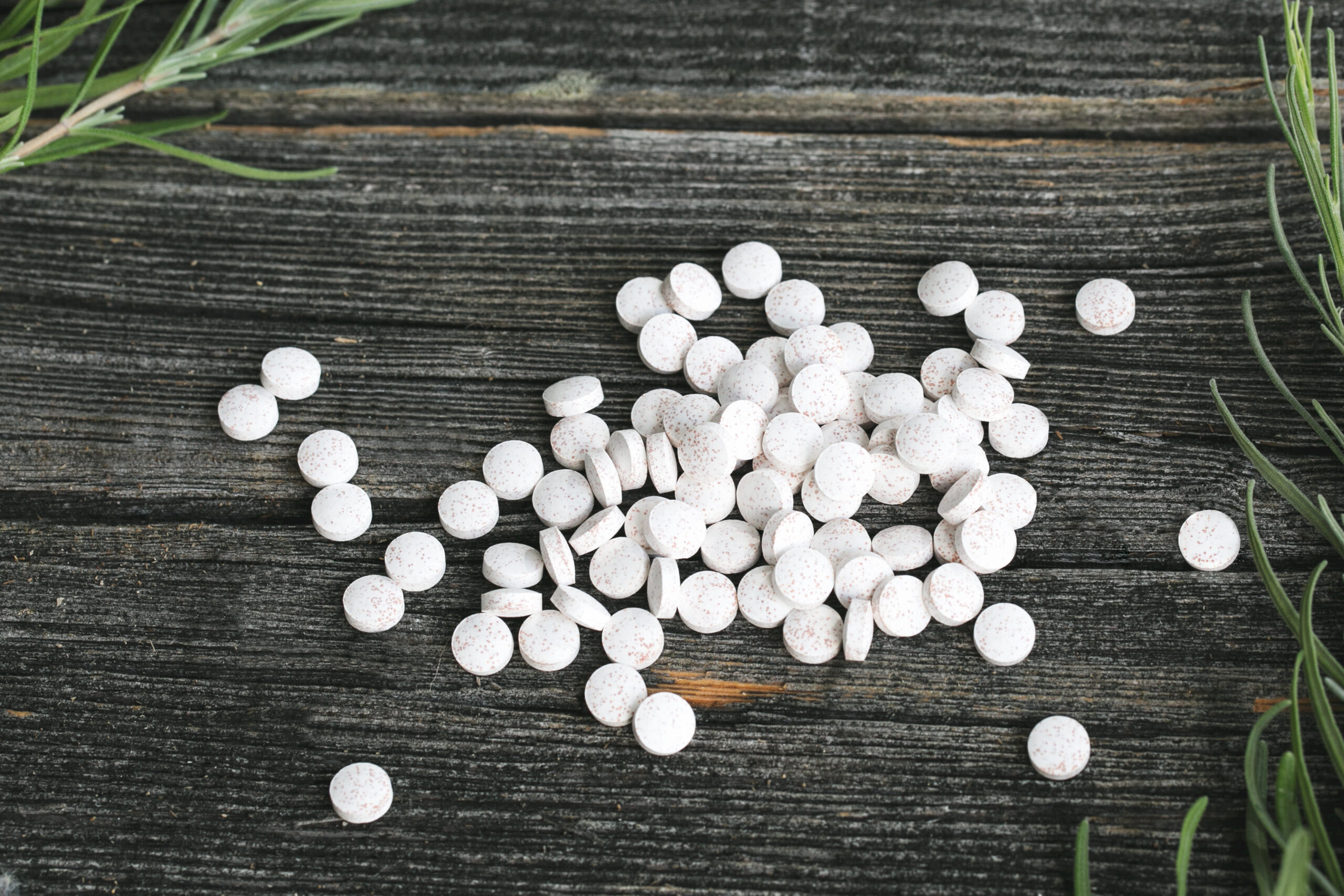
The Truth About Addiction as a Disease vs. Choice
Many of us may have witnessed or know someone with addiction issues. Sadly, plenty have lost their homes, jobs, and relationships due to the clutches of substances. Yet, you might wonder how they reached that point in the first place when you never did in similar circumstances. But it is not cut and dried because addiction does not discriminate and can happen to anyone, regardless of age or background.
What is Addiction?
Addiction is a treatable illness that affects behaviour and brain dysfunction, causing one’s body to crave substances regardless of the consequences. This constant craving eventually becomes a vicious cycle, leading to an increased need or an inability to stop taking them. These individuals may not even realise they have a problem or that there are issues.
Often, people misperceive addiction as a lack of self-control or willpower or a personal failure. However, it is much more complex, involving many risk factors that can affect their daily functioning, which we will get to.
Disease vs. Choice
According to the Better Health Channel, 50-78% of people in Australia experience mental health issues combined with a substance use disorder (dual diagnosis). For example, they may struggle with substance use and have anxiety, depression, or a mood disorder. Other diagnoses include conduct disorder, borderline personality disorder, antisocial personality disorder, and attention deficit disorder (ADHD).
What Causes Addiction?
There is no specific cause for addiction. However, many contributing factors stem from deep-rooted childhood issues, brain and human development, or social-cultural factors.
In addition, how someone adapts to their situation can affect their outcome. In other words, three siblings who experience the same family trauma can turn out completely different. For instance, one sibling may adjust well into adulthood, the second manages okay, and the third has difficulties adapting to life.
Other Factors:
- Biological (nature) – Individuals with a family history of mental illness or addiction are at greater risk. Family studies on twins have shown how genes and heredity contribute to addiction.
- Environmental (nurture) – A child has a greater chance of addiction if there is chaos in the home, like abuse or neglect. Having a parent with addiction issues also poses a greater risk. In addition, peer pressure and school bullying can be contributing factors.
- Developmental (habit) – Because individuals develop most quickly during childhood and adolescence and lack maturity, they are often more prone to substance use. Studies have also shown a link between early exposure and poorer adult outcomes.
The Brain and Addiction
Not everyone who experiences childhood trauma, a family history of addiction, or a lack of maturity becomes addicted. But our brains have a unique chemical makeup of millions of cells that can put us at a greater risk of addiction.
Think of the brain as a computer with two sets of circuits sending signals from one cell to another. The reward circuit (dopamine) is a feel-good chemical that causes pleasure, such as eating a tasty meal. And the stress circuit (cortisol) is a not-so-feel-good chemical that prepares us for threats like being chased by a dog. If the reward and stress circuits signal together, it can create chemical changes in the brain cells, resulting in addictive patterns.
Breaking Free From Addiction is Not Easy
Stating that people can break free from addiction if they want to is easier said than done. Addiction has no biases and can happen to your child, friend, or spouse, requiring treatment. Therefore, even if we don’t understand it, we can at least try to find compassion for individuals suffering from it.
There Is Support
It is vital to know that you are not alone. So, no matter what you’re going through, you deserve support from others. Having someone who can relate to your issues and listen without judgment can help relieve your sadness or loneliness. One such place is Barty’s Adventures, where they hold special events and adventures to help men feel better about themselves by keeping active, thus improving mental health. Barty – We Are A Mental Health Initiative
Why Not Try Online Therapy?
Hopefully, these points could give some comfort, but sometimes just reading quotes isn’t enough. Online therapy can be a great option if you or a loved one seek more support.
Therapy through BetterHelp.com/Barty can be more affordable than traditional therapy, allowing many options to communicate with your therapist from the comfort of your home. Most importantly, remember that it is okay not to be okay, and you are no less of a human for feeling your emotions and being vulnerable.
To receive 25% off your first month, head to BetterHelp.com/Barty
Feel free to drop by if you’d like to chat and just say, ‘Hey Barty,’ in strict confidence, and you can be anonymous if you wish. Or do not hesitate to leave a question in the comments section below at any time.

